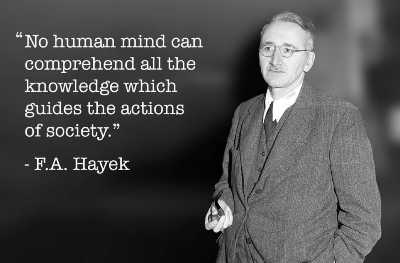galgo said in #4196 7mo ago:

I am reading an schizophrenic automation fear trend that has been growing since the mass adoption of LLMs in daily life. Like the end of skills and work is on the verge: "Tomorrow you will be laid off"
I am an engineer myself, when we automate, we create a closed system that only optimizes within known procedures. However, according to Gödel’s incompleteness theorems, no such formal system can capture all truths; there will always be knowledge or innovation beyond its reach.
This means automation alone "cannot generate" true innovation, since real discovery requires stepping outside existing frameworks and creating new one meta-level leaps automation isn’t designed for.
Our technological progress can be likened to ascending the Kardashev scale (other topic very associated with new thermodynamic computers like Gil Verdon project) where we harness more energy and complexity to power advanced systems. But with greater control over energy and systems comes the need to manage entropy carefully.
If we suppress entropy too much seeking maximum order and efficiency (what we tend to do when automating stuff) we are eliminating the variability and serendipity that drive breakthroughs and creative discoveries. This results in a “necrotizing tech” scenario, where innovation stalls and technology perfects only what already exists.
Therefore, to keep innovation alive, change, we must balance control with chaos allowing enough entropy to foster unpredictable, creative developments that escape the automation loop’s self-limiting patterns. This is no different challenge as other automation based discoveries we made in the past, but in another level.
I proposed: automate the ordinary, take over the extraordinary: lets value philosophy, arts, poetry, theology... new Athens awaits?
TL;DR could be Hayek's take on the picture. I guess.
I am an engineer myself, when we automate, we create a closed system that only optimizes within known procedures. However, according to Gödel’s incompleteness theorems, no such formal system can capture all truths; there will always be knowledge or innovation beyond its reach.
This means automation alone "cannot generate" true innovation, since real discovery requires stepping outside existing frameworks and creating new one meta-level leaps automation isn’t designed for.
Our technological progress can be likened to ascending the Kardashev scale (other topic very associated with new thermodynamic computers like Gil Verdon project) where we harness more energy and complexity to power advanced systems. But with greater control over energy and systems comes the need to manage entropy carefully.
If we suppress entropy too much seeking maximum order and efficiency (what we tend to do when automating stuff) we are eliminating the variability and serendipity that drive breakthroughs and creative discoveries. This results in a “necrotizing tech” scenario, where innovation stalls and technology perfects only what already exists.
Therefore, to keep innovation alive, change, we must balance control with chaos allowing enough entropy to foster unpredictable, creative developments that escape the automation loop’s self-limiting patterns. This is no different challenge as other automation based discoveries we made in the past, but in another level.
I proposed: automate the ordinary, take over the extraordinary: lets value philosophy, arts, poetry, theology... new Athens awaits?
TL;DR could be Hayek's take on the picture. I guess.
I am reading an schi